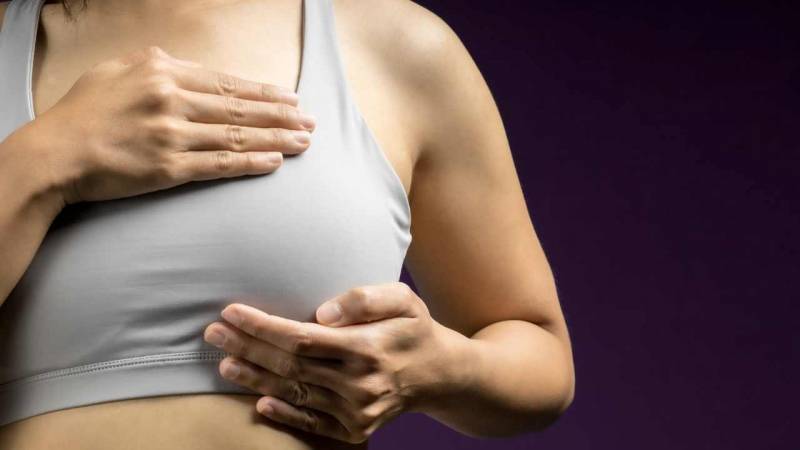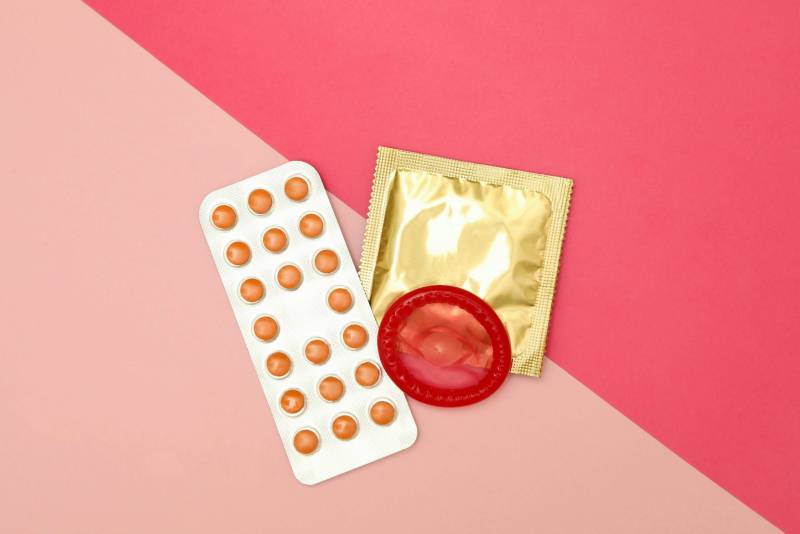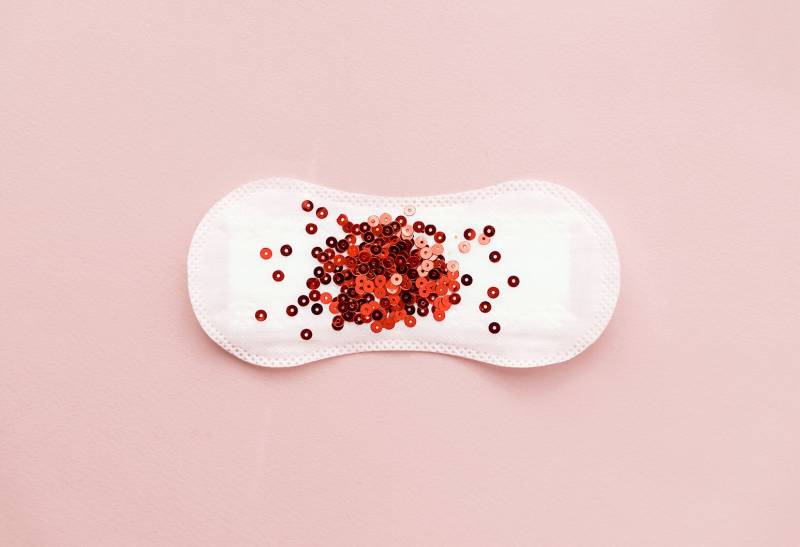Feeling a lump in your breast can be scary, no matter your age. However, you may have nothing to worry about, especially if the lump is painful or occurs before your period.
More than 80% of breast lumps are benign, or non-cancerous, reports the Stony Brook University Cancer Center. Additionally, breast cancer rarely causes pain.
Only 2% to 7% of those who find a painful lump in their breasts have malignant tumors, notes the Dana–Farber Cancer Institute.
Most women experience breast pain and tenderness around their period, which is perfectly normal. These symptoms are associated with mastalgia, a hormonal condition, explains Johns Hopkins University. Its causes are not fully understood, but researchers believe it may have something to do with the hormones progesterone and prolactin. Stress may play a role, too.
You might also experience localized breast pain at random times, which may be due to an injury, shingles, or costochondritis, according to 2015 research published in Diagnostic and Interventional Imaging.
The latter is an inflammatory condition affecting the cartilage in the upper rib cage. Other potential causes include bone or muscle disorders, gastroesophageal reflux, or some medications, such as diuretics and antidepressants.
Breast lumps, however, are not that common — especially in teenagers and young women. On the positive side, this symptom is rarely a sign of cancer. That said, here's what it really means when you get breast lumps before your period.
Breast lumps are often the result of fibrocystic changes, explains Beaumont Health. Also known as fibrocystic breast disease, this condition affects about 50% of women of reproductive age. The lumps are not always painful, but you may experience tenderness in the upper part of the breast. Some women may also have some pain and discomfort in the underarm area. These symptoms are most likely to occur before your period and affect both breasts.
Fibrocystic breast disease isn't a medical emergency and may not require treatment. Generally, it's triggered by the hormonal changes associated with menstruation, according to the Icahn School of Medicine at Mount Sinai. Self-help measures, such as applying cold compresses on your breasts and taking ibuprofen, may ease the pain. In more severe cases, doctors may prescribe birth control pills or hormone therapy.




